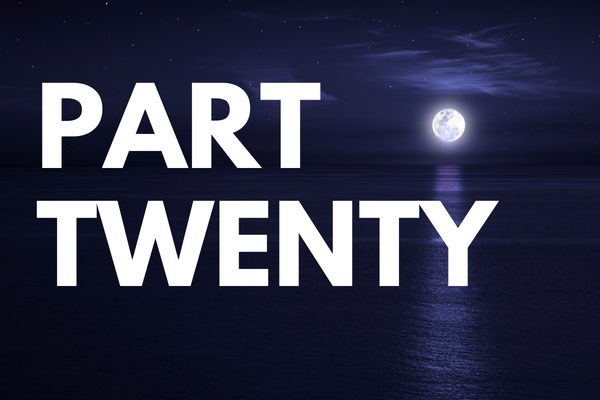Take it Personally

Welcome back to another issue of the Partnership Pocketbook!
Starting to see some warmer weather here in Utah, and my soccer season is finally starting which I am pumped about.
This week I had the opportunity to co-host a webinar with the wonderful KristineStewart of the Lexington Group on referrals.
We had a roundtable with 8 other partnership leaders and talked about everything from how to reward referrals, all the way through to how long should a lead referred by a partner last for.
One of the key takeaways for me, especially in the tech partner space where you are integrating with another ISV, is that there is a growing appetite for reciprocity over a commission.
If you are in a partner program and are struggling to get a partnership going, send over a lead to them, and see what happens!
There is nothing better than getting a lead from a partner. I truly think that it is a strategy that can kick start any partnership.
partnerships in the wild
This week's partnership in the wild comes from Microsoft, and their partnership with OpenAI.
It's somewhat old news, but the partnership includes the use of ChatGPT-4 in popular O365 programs such as Word and Excel.
There has been an explosion of interest in A,I and several successful companies have been built to assist with AI supported copywriting.
With this move, Microsoft adds much wanted functionality to their core business stack which will not only improve the user experience but also skyrocket adoption.
Genius move from the partnership teams!
This week's newsletter, was inspired by a LinkedIn post, that I created last week:
Now that I have moved into full time consultancy, it has become more and more apparent to me that we don't get how to train partners.
Now, I get it... it's yet another skill that we are being asked to learn as partner professionals, to go alongside sales, marketing etc etc, but it's absolutely CRITICAL!
If you are running a partner program, there is a high likelihood that you have a variety of partners that you are going to market with.
So why then, do we have a “one size fits all” approach to training?
Bland. Not tactical. Not effective.
Why this doesn't work is because your different partner types care about totally different things.
In the learning space, the notion of personalized learning has been around for a while.
The reason, as touched on by Training magazine is that “when learning is tailored to an individual’s strengths and is focused on his or her success, the learner is more likely to actively engage in his or her education.”
Let’s narrow in on the phrase “focused on his/her success”.
Your training should not be a boring download of features, that will lose the interest of the people watching. Focus your training on actionable content that will help them achieve their goals, which is ultimately helping their customers.
Let's break down how this might look for a couple of different partner types.
First, technology partners, who you integrate into. When thinking of training for this group, focus on their “better together” story between your integrations, and how your two products together create a stronger result for your mutual customers.
This is different for, say, a channel partner, who mainly cares about how to position your product against competitors, in addition to more of the logistics around deal registration and payouts.
If you are reading this and have one flavor of training for your whole ecosystem, I suggest you go back and review a few things today:
☝ ️Completion rates of training
✌ Content
If completion rates are low, it means partners aren't even engaging in the content you currently have. You need to make a change.
If your content is the typical vanilla brand of training that is the norm for most in our industry, you need to make a change.
To do so, gather feedback from your partners.
Ask them why completion rates are so low?
Ask them about other companies they partner with, and what makes their training good?
These questions should unearth some tangible feedback with which you can use to start building out training that is actually going to land.
For an even better solution, have some of your most trusted partners help curate new training for you.

If you take anything away from this week's newsletter, it should be that training should be personalized to each partner type.
Don't be lazy and create bad training! It won't help your partners, and ultimately it won't help you.
See you soon!
Cheers,
Ben





